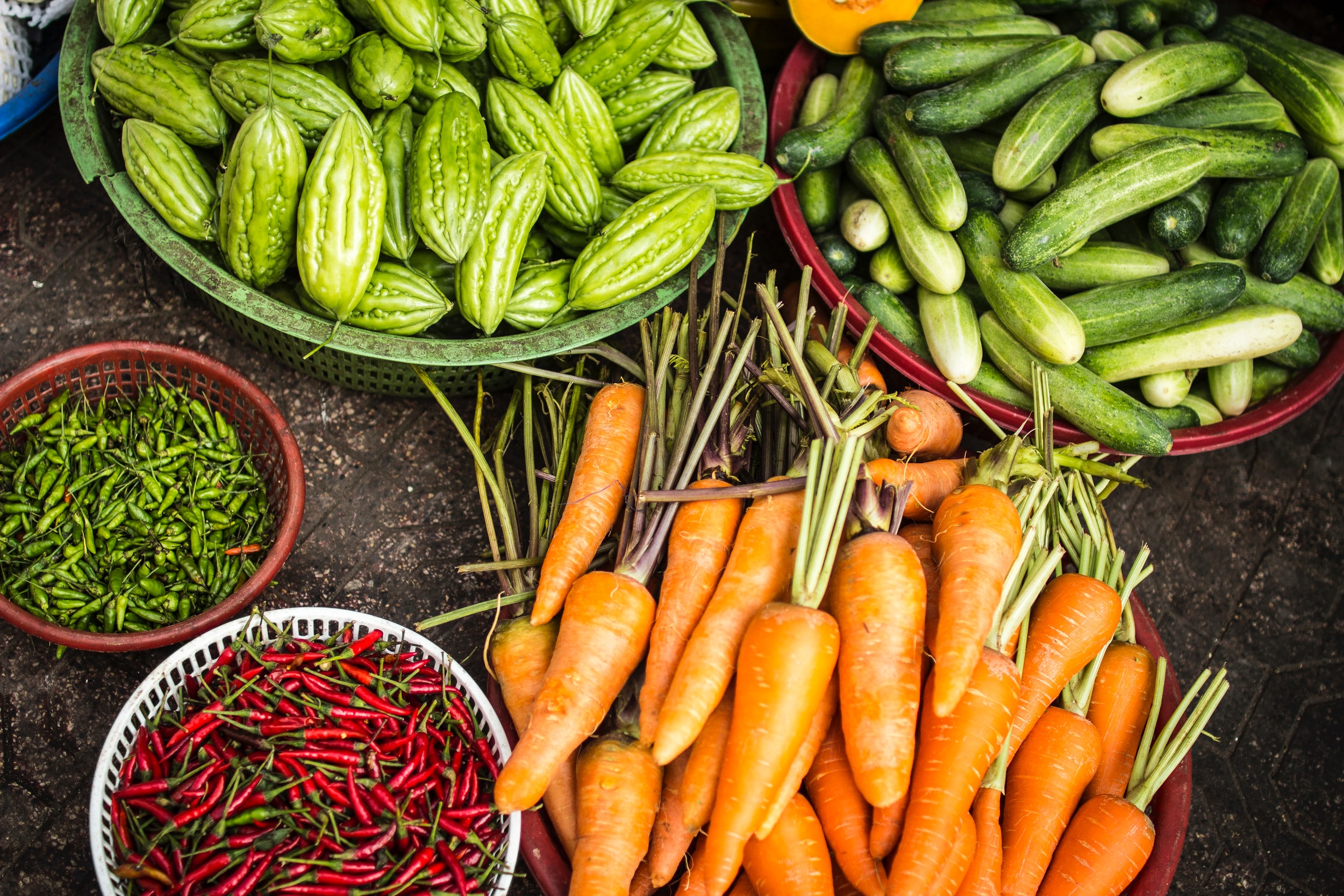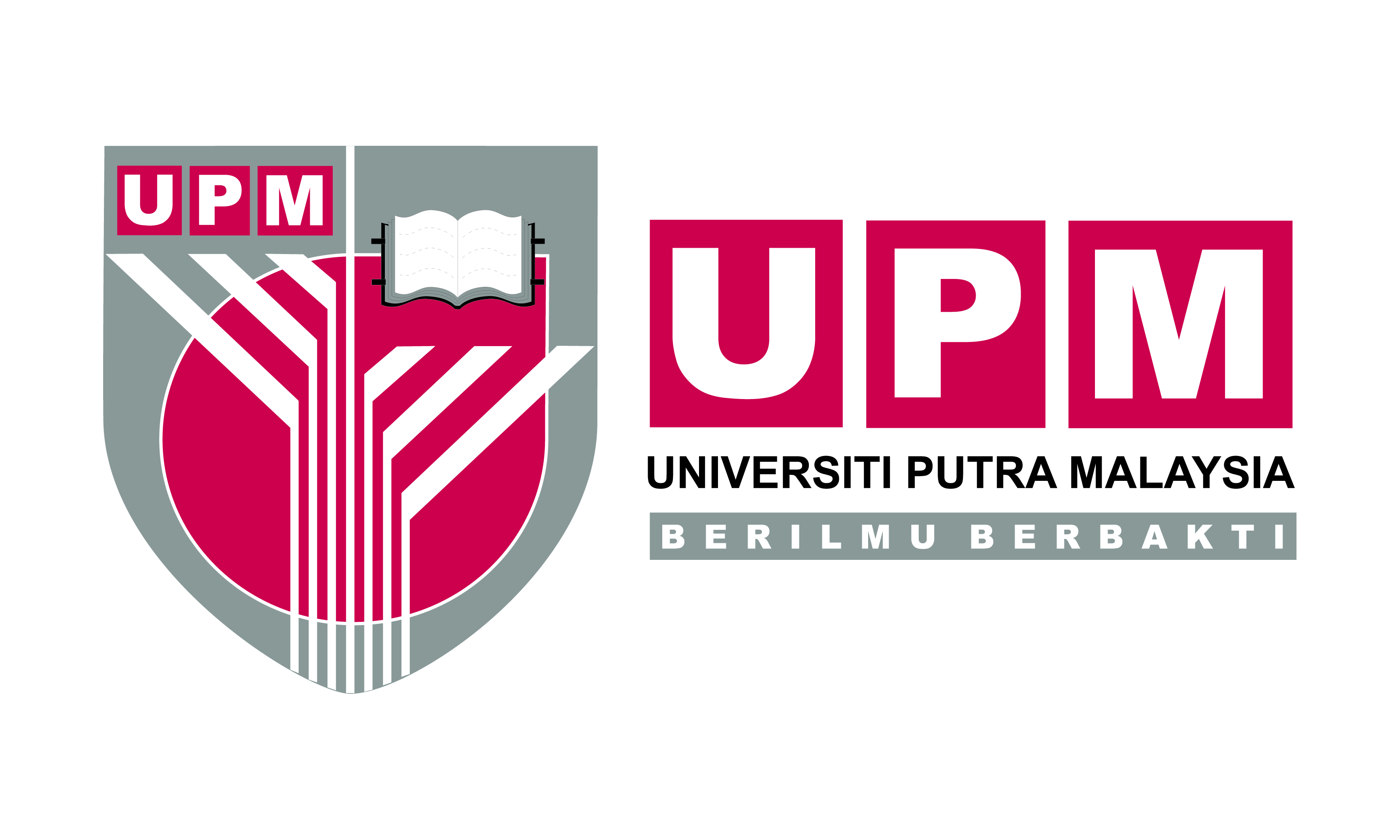**This article was published in English and has no translation in Bahasa Melayu**
By Prof Datuk Dr M Nasir Shamsudin

The food sector in the country is facing the following major challenges, which will persist for the next decades, namely, providing sufficient food to meet growing population and rising per capita income as well as dietary changes, eradicating hunger and food insecurity, enhancing the productivity and sustainable use of available natural resources, adapting to the impacts of climate change, and contributing to climate change mitigation.
The food sub-sector consisting of crops, livestock and fisheries, however, has yet to match the performance of industrial crops and faces many issues that hinder the rapid development of this sub-sector. This was translated into low self-sufficiency levels for basic foods such as rice (72%), beef (28%), mutton (10%), milk (5%), fruits (66%), and vegetables (39%). As a result, our country has been a major importer of food with a trade balance deficit which has been rising year on year. For example, in 1990, the food trade balance deficit was RM1.1 billion. In 2006, it increased to RM8.5 billion, and RM16.5 billion in 2016, due to higher imports, averaging 10.6% per annum from 1990 - 2015. At the same time, exports increased by an average of 7.8% per annum.
In the past, increases in agricultural production have primarily come from expansion of cultivated land as well as from agricultural productivity increases. Most of the productive land is now being utilised. Hence future increases in food production will have to be as a result of increases in agricultural productivity.
Looking ahead, in this 2020 budget, to ensure the supply of quality and safe food at affordable prices, investment in food production should not only be evaluated in terms of private benefits, but social returns and the country’s security and peacefulness. This requires an ecosystem and a mix between food policy, technology and entrepreneurship.
In terms of food policy, countries that have achieved stable food security generally have a strong record of support for the food production sector. To stimulate investment in food production, incentives to the private sector must be provided where the return on investment in food production is at least comparable to that of industrial crops.
In addition, the government needs to implement land-use policy to enhance food security through the setting aside of adequate areas of agricultural lands and aquatic and other natural resources for food production and other sources of nutrition.
One of the reasons for low agricultural productivity is the lack of agricultural system technology application in farm practices. In the 2020 budget, incentives should be given to investment, research and adoption in agricultural system technology. Examples of this technology are soil and water sensors, weather tracking, satellite imaging, automation, vertical agriculture, artificial intelligence, nanotechnology, agricultural GPS technology, robotics, and precision agriculture.
In order to secure food supply, the sector needs entrepreneurs who can commercialize high-tech food production. Therefore, the government in the 2020 budget needs to provide for more fund in the development of entrepreneurs in food production. Universiti Putra Malaysia (UPM) has the expertise to train agro-entrepreneurs through its Agro-entrepreneurship Incubation Program.
A food commodity that needs special attention is aquaculture, as it is becoming important as a way of increasing local production for food security and increasing export revenues. However, difficulties in land acquisition, rising production costs, lack of skilled labour and threat of diseases are obstacles which impede the development of aquaculture. Thus research funding should be given priority due to the importance of aquaculture as an alternative source of fish supply.
Food production, in general, is exposed to more unpredictable risks and uncertainties than the industrial sector. Budget should be allocated to develop effective early warning system to reduce the risk in food production. The scope of the system includes price monitoring and forecasting as well as emergency-preparedness planning to prevent natural disasters, such as irrigation schemes and flood control schemes.
 |
Prof Datuk Dr M Nasir Shamsudin Lecturer Faculty of Agriculture |






